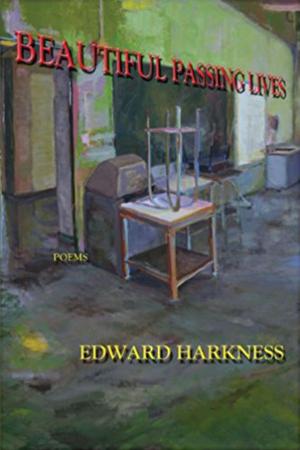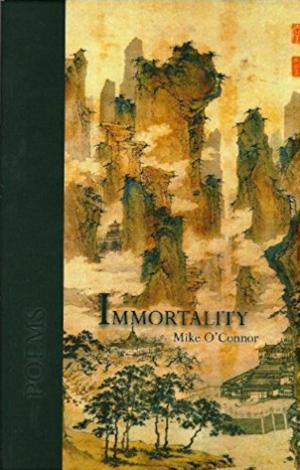| Author: | Matthew Phillips | ISBN: | 9781545722411 |
| Publisher: | PBS Publications | Publication: | March 20, 2018 |
| Imprint: | PBS Publications | Language: | English |
| Author: | Matthew Phillips |
| ISBN: | 9781545722411 |
| Publisher: | PBS Publications |
| Publication: | March 20, 2018 |
| Imprint: | PBS Publications |
| Language: | English |
When a writer dies too young, readers are always left with the question “What kind of writer would he have become if he had been granted a full career?” Matthew Phillips wrote these astonishingly good poems in his mid- twenties when he was studying Mideast history and politics and when he was questioning the many tensions of that region. His poems, however, are intellectually far-ranging, from academic settings to the Caves of Lascaux, from San Francisco to Sparta, but rooted in his personal and educational experiences in America. In many of his poems, he creates a narrator who describes what he sees around him and then, with a more detached eye, explores ideas and the meaning of personal experience. Sometimes the experience is literal, as in his “Letter From San Francisco” and at other times more figurative, as in “The Caves of Lascaux.” Matthew Phillips’ poems frequently concern philosophic probings of the meaning of History. In “Flight of the Peacemaker,” the narrator says: As an American, he was told to take The telescope rather than the magnifying glass; It’s History’s long view that matters here. Yes, it is the long view that matters here.
When a writer dies too young, readers are always left with the question “What kind of writer would he have become if he had been granted a full career?” Matthew Phillips wrote these astonishingly good poems in his mid- twenties when he was studying Mideast history and politics and when he was questioning the many tensions of that region. His poems, however, are intellectually far-ranging, from academic settings to the Caves of Lascaux, from San Francisco to Sparta, but rooted in his personal and educational experiences in America. In many of his poems, he creates a narrator who describes what he sees around him and then, with a more detached eye, explores ideas and the meaning of personal experience. Sometimes the experience is literal, as in his “Letter From San Francisco” and at other times more figurative, as in “The Caves of Lascaux.” Matthew Phillips’ poems frequently concern philosophic probings of the meaning of History. In “Flight of the Peacemaker,” the narrator says: As an American, he was told to take The telescope rather than the magnifying glass; It’s History’s long view that matters here. Yes, it is the long view that matters here.















